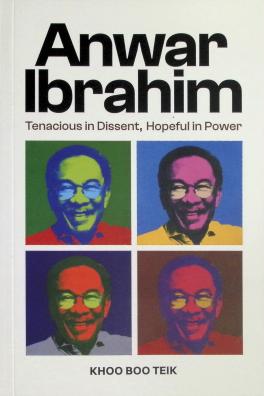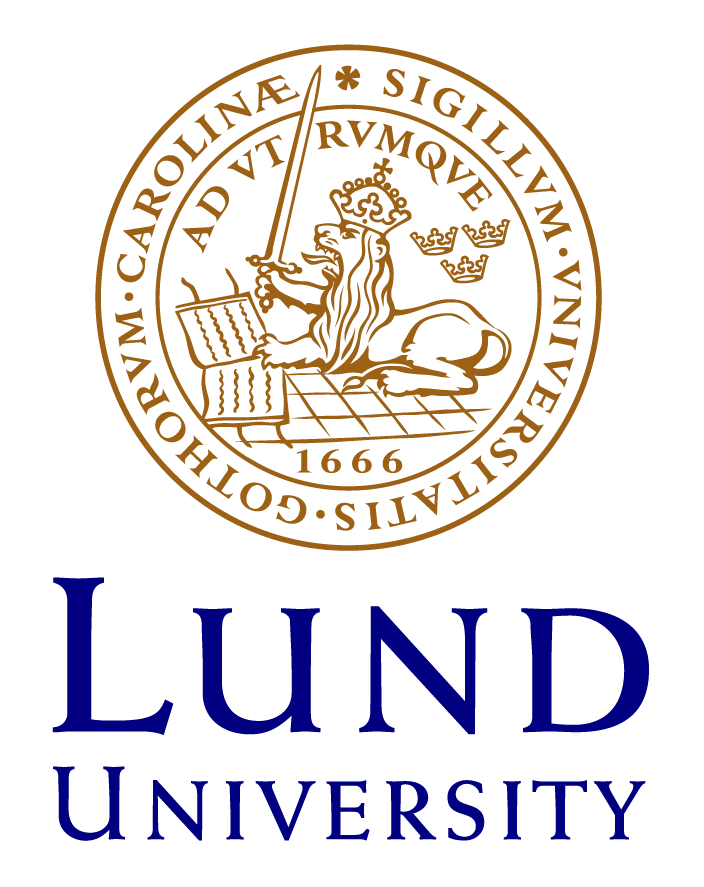Anwar Ibrahim's Malaysia

The seminar will take place in a hybrid format with live streaming of the speakers' interventions.
Session coordinator: Elsa Lafaye de Micheaux - CASE, Inalco (Current Dynamics in Southeast Asia - European Seminar)
Speaker: Li Yang - ZEW (Leibniz Centre for European Economic Research in Mannheim)
Read his article: Income inequality among different ethnic groups: the case of Malaysia (IRASEC)
Presentation of talks
- Presence of Khoo Boo Teik : "Anwar Ibrahim: Seeking and Exercising Power"
In November 2022, Anwar Ibrahim came to power as the 10th Prime Minister of Malaysia. He heads his Pakatan Harapan (Pact of Hope) coalition which is joined by the former ruling United Malays National Organisation (UMNO), and two groups from Sabah and Sarawak. This multiethnic coalition is opposed by a rising Parti Islam SeMalaysia (Pan Malaysian Islamic Party) and a small Parti Pribumi Bersatu Malaysia. The presentation looks at Anwar's dissident politics before he became the Prime Minister. It discusses the compromises he made with the Malay royalty, UMNO, and the Sarawakian coalition, which stabilise his regime but restrict his scope of freedom. The presentation briefly reviews Anwar's administrative moves to stay in power and asks: Is this rule by a 'coalition of coalitions' the new organisational norm in Malaysian politics, or does it signify the loss of the past reformist zeal of Anwar's politics?
Khoo Boo Teik - Professor Emeritus, National Graduate Institute for Policy Studies, Research Fellow Emeritus, IDE-JETRO
- Presence of David Delfolie: Ambivalent and random : the elusive trajectory of Anwar Ibrahim's Malaysia
Beyond some encouraging internal developments, as well as on the diplomatic front, Anwar Ibrahim's Malaysia finds itself in a fragile configuration as regards its socio-political stability and the future of its democratic progress. Indeed, the implementation of the Malaysia Madani government program raises important questions about the place of minorities and the preservation of pluralism, particularly with regard to the strengthening of public action towards Islam that it has induced. What's more, with counter-powers asserting themselves with contrasting virtues, and an opposition that is now leaning towards Islamic populism, the Prime Minister's authority, but also his credibility with the electorate, has been seriously put to the test, complicating his ambivalent reformist ambitions. As a result, the evolution of the country's trajectory has become elusive. Much of it remains linked to its economic performance, whose medium-term prospects are uncertain, against a backdrop of social and community tensions that remain high-risk.
David Defolie - Sciences Po Lille
Read his articles: L'irrémédiable fragilité d'al-mizan (David Delfolie and Anas Idrissi-Gusinde, in L'Asie du Sud-Est 2025 - Bilan, enjeux et perspectives, IRASEC, February 2025) and Not all roads lead to Medina (L'Asie du Sud-Est 2024 - Bilan, enjeux et perspectives, IRASEC, February 2024).
Scientific coordinators
- David Camroux (CERI-Sciences PO),
- Delphine Allès (CASE, Inalco),


